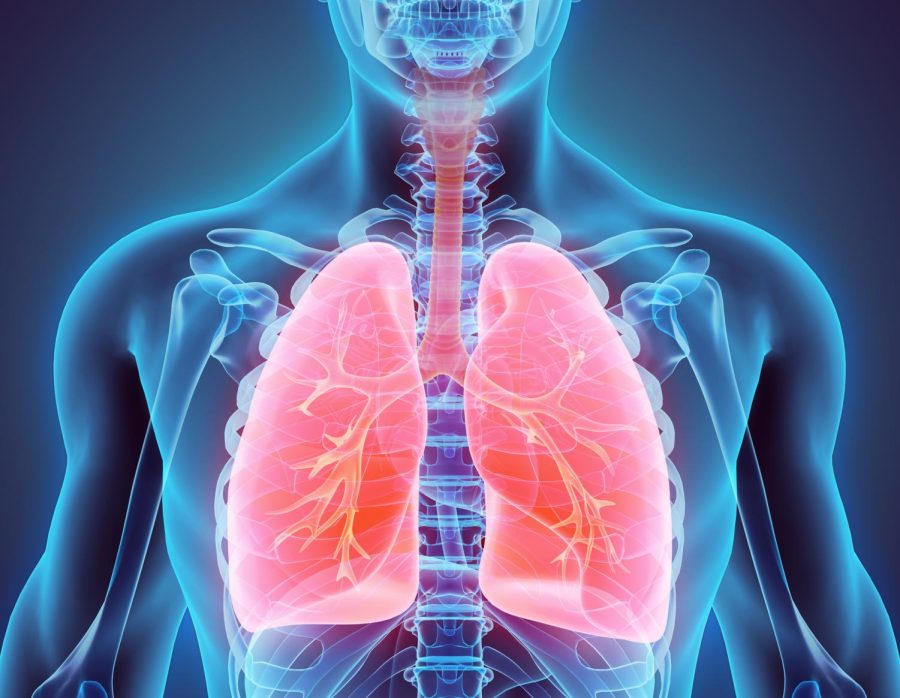New UI training grant focuses on climate change impacts on health
Researchers at the UI received a grant from the National Heart, Lung, and Blood Institute to support studies on the implications of climate change on lung health.
March 7, 2023
University of Iowa researchers are investigating how a person’s lungs react when exposed to climate change.
UI researchers recently received a $2.1 million grant from the National Heart, Lung, and Blood Institute to research the intersection of climate change and lung health.
The five years of funding will support the research of doctorate students, postdoctoral fellows, and students doing a combined degree of a medical doctorate and a doctorate by providing stipend and tuition money.
Peter Thorne, a UI College of Public Health professor and a UI distinguished chair, said the university submitted the grant about a year and a half ago and won the grant in a national competition against competitors across the country.
“The reason we wanted to do this is we’re always looking for support from NIH for our Ph.D. and postdoctoral training programs,” he said. “I think this was a unique opportunity to establish a real novel program to provide this training in looking at the interface between climate change and lung health specifically.”
Thorne said he stresses the link between climate change and the increasing burden of ill health in people across the U.S.
“This is the grand challenge of our century,” he said. “There’s a lot going on at the University of Iowa in terms of research, training, and outreach on climate change, and so we’re trying to contribute to that effort through this grant.”
RELATED: UI professor speaks on global warming
Maureen McCue, Iowa chapter board chair of Physicians for Social Responsibility, wrote in an email to The Daily Iowan that she thinks the grant is a good deal for the university and the trainees.
“The changing climate is having a great number of impacts on all our health — some populations more than others,” she wrote. “The sooner more people understand the ramifications of the continued and worsening impacts, hopefully, the sooner people will begin to seriously cease the processes that contribute to the changing climate.”
Students will be drawn from three principal programs for the grant:
• Pulmonary medicine, which focuses on diseases involving the respiratory tract.
• Occupational and environmental health, which aims to prevent both injuries and illnesses that come from occupational and environmental hazards.
• Human toxicology, where students learn about how biological, chemical, radiological, and physical elements affect both living organisms and their ecosystems.
More young people are worried about climate change, sparking the creation of climate anxiety, which refers to people being worried there is no future for them because of the rapidly changing climate across Earth.
A 2021 research study about climate anxiety surveyed 10,000 people ages 16 to 25 across 10 countries, including the U.S., and found that 59 percent of respondents across all countries were very or extremely worried and 84 percent were at least moderately worried.
As the younger generations take on the burden of climate change, Thorne said it is important to him that experts are trained on how to address certain health implications that could be influenced by climate change.
“Climate change is here, and it’s already having significant impacts on health through climate disasters such as hurricanes, floods, droughts, and heat waves, which have made very substantial public health burdens,” he said. “We’re trying to learn how to adapt to our changing climate to protect the health of the public.”



